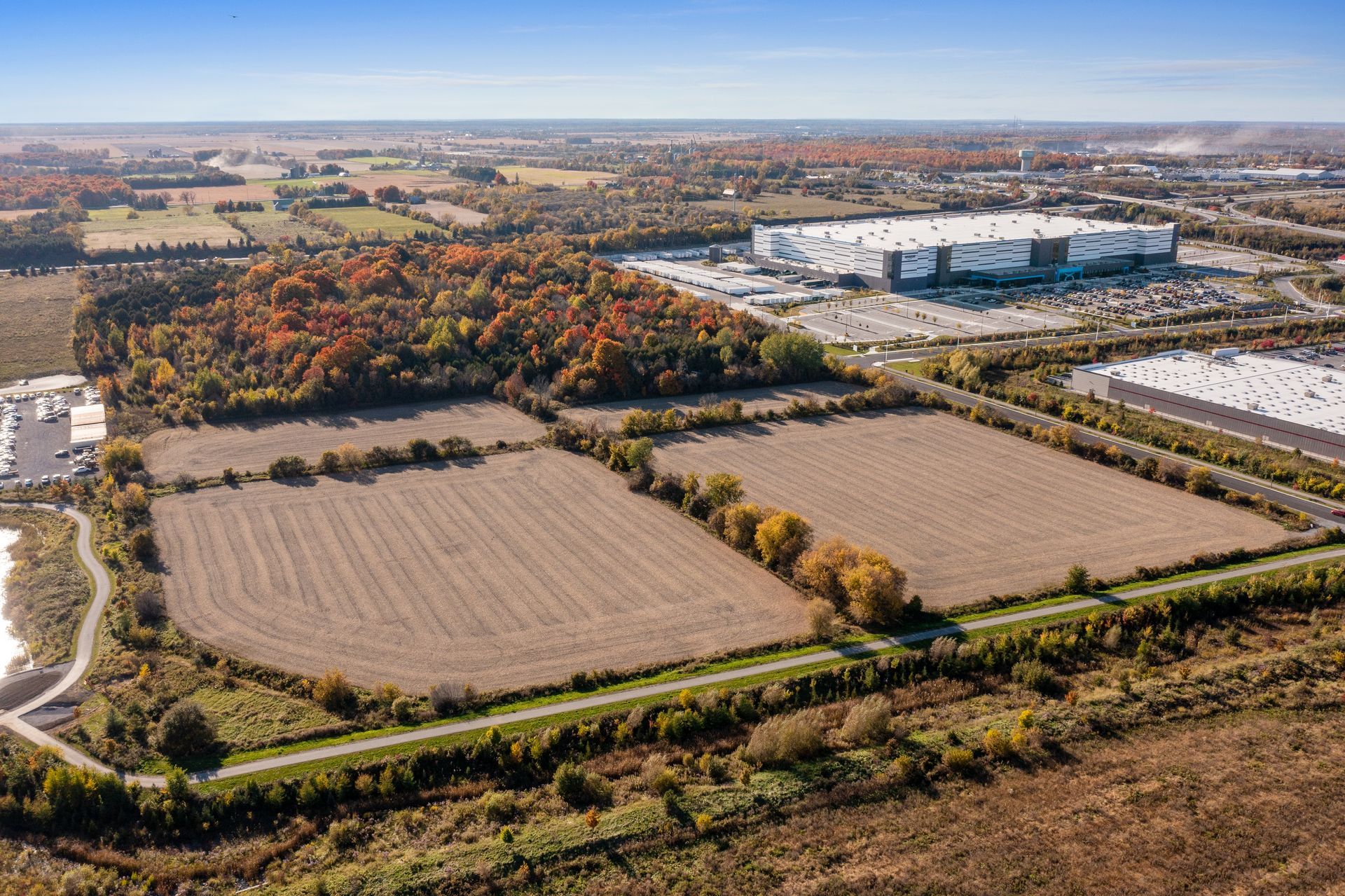Determining the Value of Your Land: What Factors to Consider
Determining the Value of Your Land: What Factors to Consider
Understanding the value of your land is a critical component of any real estate transaction. Whether you're selling, buying, or just curious about your property's worth, having an accurate estimate of your land's value can significantly affect your financial decisions. However, determining this value isn't always straightforward. It requires careful consideration of various factors and, sometimes, professional assistance. In this comprehensive guide, we will delve into the key aspects you need to consider when determining the value of your land.
Understanding Land Value
Before we dive into how to determine your land's value, it's essential to understand what "land value" means. When we talk about land value, we're referring to the monetary worth of a piece of property, excluding any structures or improvements made. This value is crucial in real estate transactions, tax assessments, and investment evaluations.
Several factors, such as location, zoning regulations, market conditions, and more often influence land value. By understanding these factors, you can better understand your property's worth and navigate the valuation process more confidently.
Methods to Determine Land Value
Estimating the value of your land involves various methods, each with its strengths and weaknesses. Here are some standard techniques used in the industry:
- Percentage of Total Property Value: This method involves first assessing the total value of your property — the land plus any structures or improvements on it. Once you have this figure, you can calculate the land value as a percentage of the total. For example, if the total property value is $200,000, and the land makes up 20% of that value, your land value would be $40,000. This method can be helpful but also relies heavily on the accuracy of your property valuation.
- Comparable Sales: Also known as the "comps" approach, this method involves comparing your land to similar properties recently sold in your area. These comparisons can give you a ballpark figure of your land's market value. However, it's crucial to ensure the properties are comparable in size, location, zoning, and other relevant factors.
- Appraisal: Hiring a professional appraiser can provide the most accurate land value estimate. Appraisers use a combination of methods, including the ones mentioned above, and their judgment and experience. To provide a comprehensive valuation, they'll consider the land's location, size, usability, and current market conditions.
Unlock Your Land's Potential with
Virginia Land Connection Today!
Factors Influencing Land Value
To fully understand the dynamics of land value, it's essential to consider several influencing factors. Zoning regulations and topography, among others, play a crucial role in shaping the potential for development, directly affecting the property's value. Let's explore these elements more deeply to gain a comprehensive view of what drives land value.
Zoning Regulations and Their Impact on Development
Zoning regulations are instrumental in land sales as they dictate the permissible activities on a plot of land, whether residential, commercial, agricultural, or mixed-use. These laws significantly influence its development potential. For instance, the requirement of a public pedestrian way entails the landowner's responsibility for its construction and maintenance, enhancing the property's accessibility.
Zoning laws directly affect land value. A property zoned for commercial use typically has a higher value than a residential one because of higher revenue potential. Understanding and navigating these laws, as Virginia Land Connection does, is critical to maximizing land value. Providing accurate information about these regulations to potential buyers simplifies the transaction process and ensures a successful sale.
The Role of Topography
Topography, the study of a
land's physical features, is pivotal in determining its value and potential use. A site's size, shape, and specific characteristics must align with what is desirable in the real estate market. Critical features like slopes, soil type, and drainage systems can offer invaluable insights into the practicality of the land and its attractiveness to prospective buyers.
The topographical attributes can also influence the cost and complexity of development projects. For instance, a flat terrain might lower construction costs and timeframes compared to a hilly or uneven landscape. Conversely, a property with unique features like a hilltop view or waterfront access could command a premium price, enhancing its value.
Understanding the topography can help predict potential challenges like water accumulation or soil erosion that could affect the land's usability. This knowledge is crucial for both sellers and buyers as it aids in making informed decisions, ensuring optimal land utilization, and maximizing return on investment.
Assessing Accessibility
Accessibility is a critical determinant in the
valuation of vacant land. The real estate industry values properties close to essential amenities such as schools, shopping centers, and transportation links. As a result, these properties can bring significantly higher prices.
However, accessibility is not solely limited to proximity to amenities. It also includes the ease of reaching the property, which involves factors like the quality of roads and infrastructure leading to the plot. Good road conditions can boost land market value.
In today's digital age, accessibility extends to virtual connectivity. A property with good mobile network coverage and the potential for
high-speed internet connection
can be more attractive, especially for buyers looking to develop residential or commercial spaces. This highlights that assessing accessibility is multi-faceted and vital in vacant land sales.
Unique Characteristics of the Land
Every piece of land possesses distinctive characteristics that can significantly affect its market value. Attributes such as a breathtaking view, proximity to water bodies, or mature trees can make a plot more desirable and hence, command a higher price than a similar one lacking these features. Recognizing and emphasizing these unique traits are essential strategies for attracting potential buyers and justifying a premium asking price.
Other unique characteristics as historical significance or rare geological features, can also add substantial value to the property. For instance, a plot of land home to an endangered species habitat or near a historical landmark can pique the interest of specific buyers looking for such exclusivity. Therefore, a comprehensive understanding of your land's unique characteristics can be a powerful tool in marketing and negotiation during sales.
Wrapping it Up
Accurately determining the value of your land is a critical endeavor that reflects its potential for development, income generation, and future growth, whether you're planning to sell, buy, or just seeking a better understanding of your asset.
At Virginia Land Connection,
we make this process straightforward. Our team of professionals brings their extensive knowledge and experience in land transactions to provide you with a fair and accurate valuation. Our commitment to transparency and customer service ensures you're well informed and confident in your decisions.
Trust Virginia Land Connection to turn your land into a profitable opportunity—contact us today to get started!




